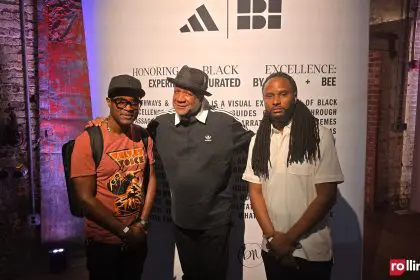
Morehouse School of Medicine proudly hosts the Lasker Award winner for her lecture “Inherited Breast Cancer: From Gene Discovery to Public Health.” The event will be held in the NCPC.
In 1990, the University of Washington geneticist and 2014 Lasker Laureate Dr. Mary-Claire King discovered the BRCA1 “breast cancer gene,” and in a 2013 study with Dr. Olufunmilayo Olopade, demonstrated that woman carrying a mutated gene have a greater than 80 percent lifetime risk of developing breast cancer.
Inherited mutations of the “breast cancer gene” travel through families and can only be detected through genetic screening. African American women are known to be especially vulnerable and they have a have higher death rates from breast cancer than do white women.
Dr. King calls for offering genetic screening for all women at about age 30 and will discuss these recommendations at a free public lecture at Morehouse School of Medicine on March 19.
Veena Rao, Ph.D., researcher, professor and co-director of the Cancer Biology Program in the department of OB/GYN at Morehouse School of Medicine, has pointed to multiple factors that contribute to the increased vulnerability of African American women, such as barriers to testing and quality of treatment. Leading medical researchers, including University of Washington geneticist and Lasker Laureate Mary-Claire King, highlight additional factors – undetected inherited mutations – and now recommend offering genetic testing for all women at about age 30.
Dr. King will make a free, public address at the Morehouse School of Medicine on March 19, to discuss Inherited Breast Cancer: From Gene Discovery to Public Health.









